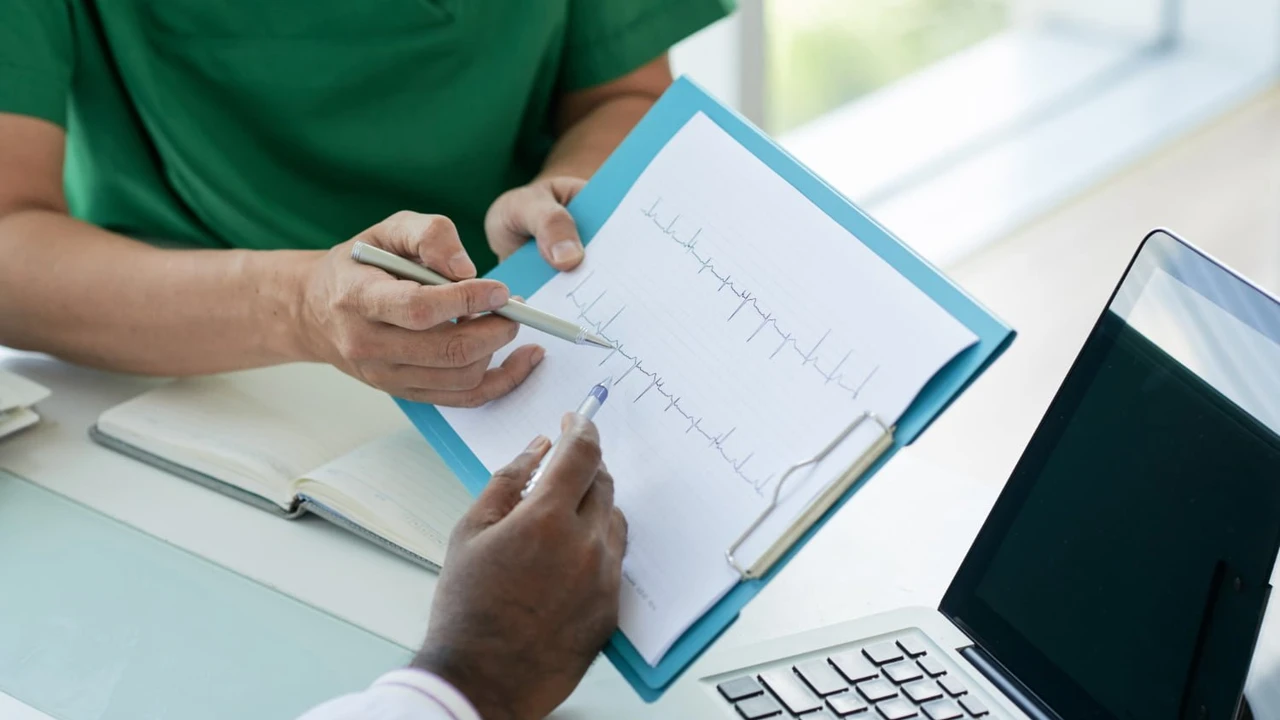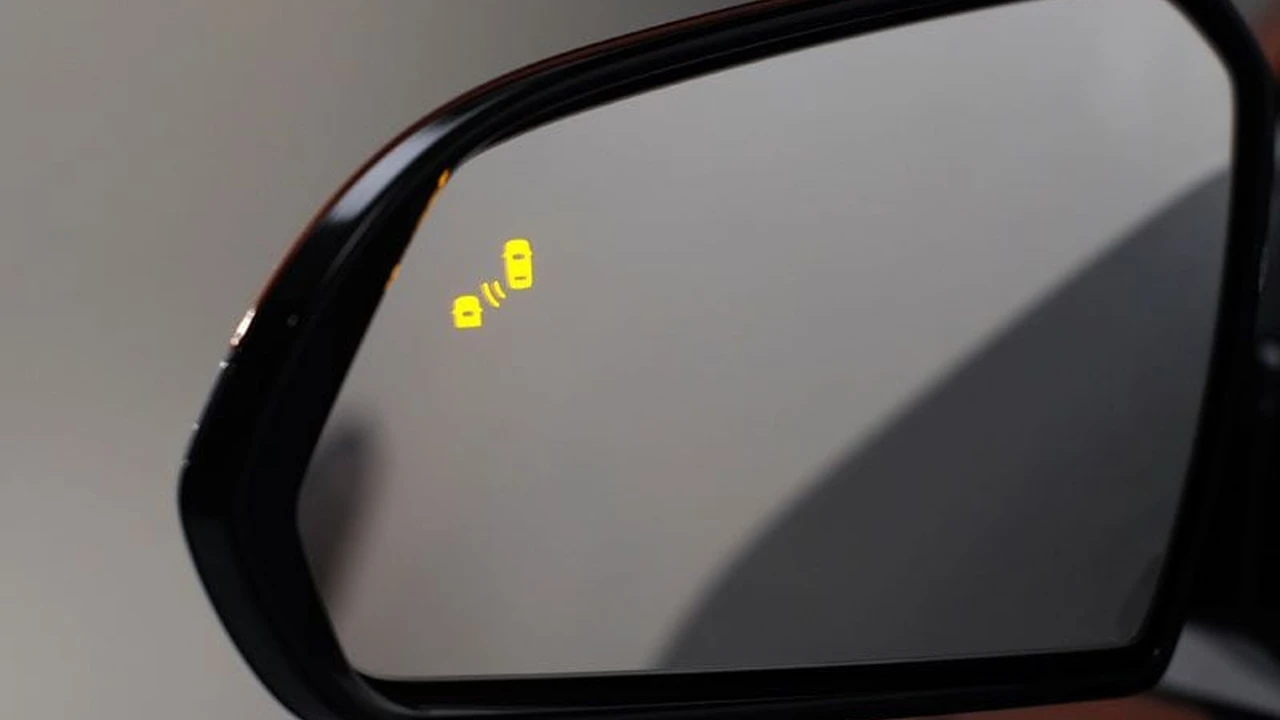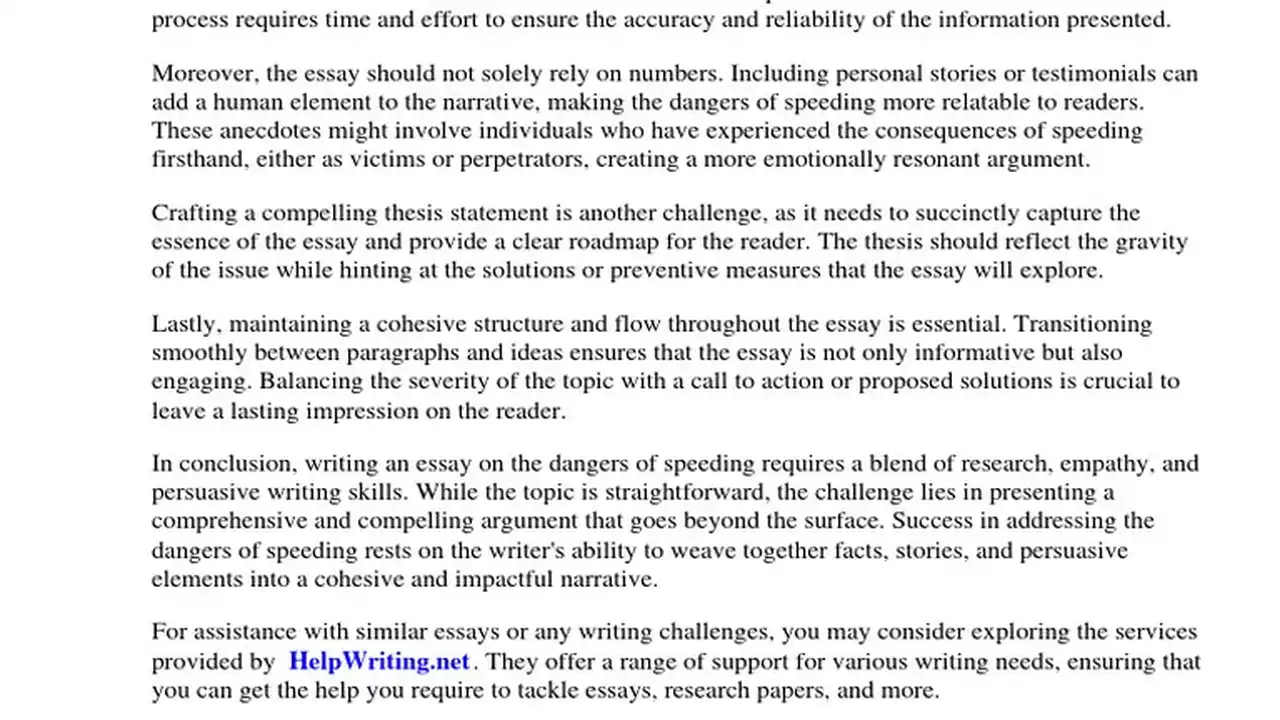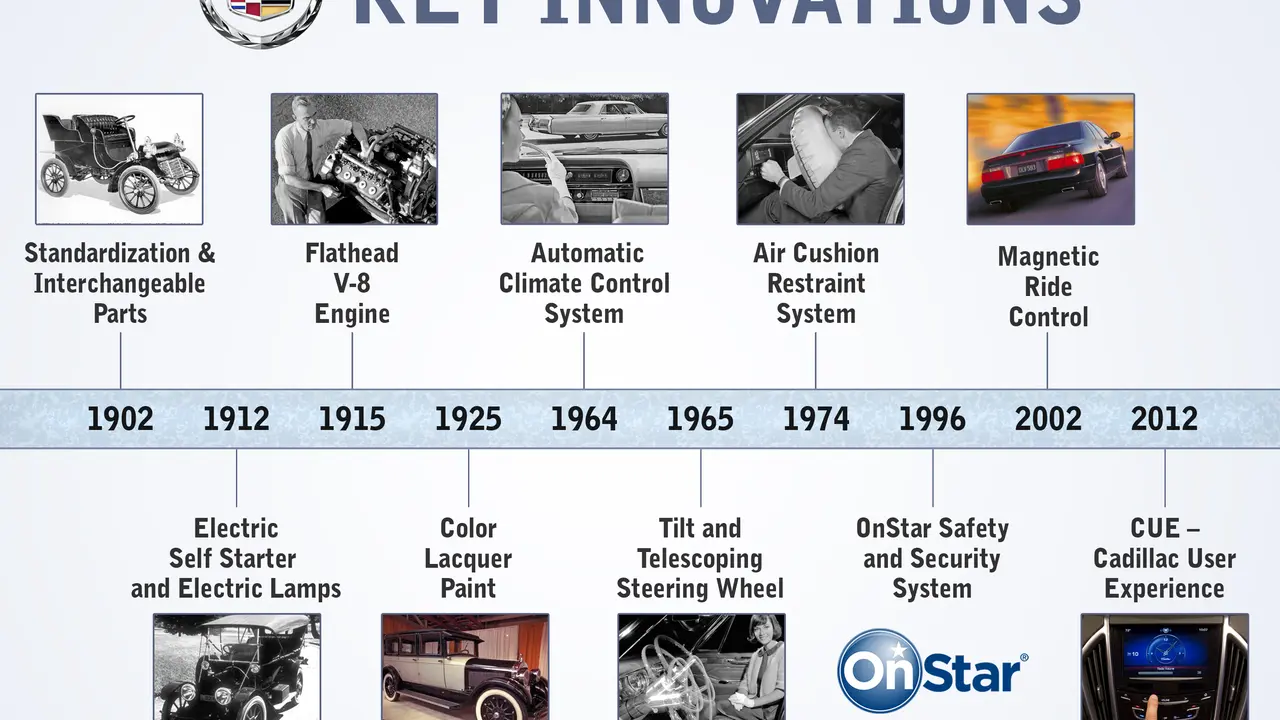The Importance of Maintaining Accurate Records After an Accident

Alright, let's talk about something super crucial after you've been in an accident: keeping really, really good records. Seriously, this isn't just about being organized; it's about protecting yourself, your rights, and your future. Think of it as building a fortress of information around your case. Let's dive into why it's so important and how to do it right.
Why Accurate Records Matter After an Accident Legal Considerations and Personal Protection
First off, the more detailed your records, the stronger your claim. Insurance companies love to lowball you. They'll look for any excuse to pay you less than you deserve. Accurate records make it harder for them to do that. They're evidence. They show exactly what happened, how it impacted you, and what your losses are. Think of it as building a case for yourself, brick by brick.
Secondly, memories fade. You might think you'll remember every little detail about the accident, but trust me, you won't. The adrenaline, the shock, the stress – it all messes with your memory. Writing things down immediately after the accident ensures you capture everything accurately. Plus, those details can be critical later on when you're dealing with insurance claims, legal proceedings, or even just trying to remember what happened for your own peace of mind.
Finally, accurate records can help you stay organized. Dealing with an accident is stressful enough without having to hunt down paperwork or try to remember dates and times. Keeping everything in one place makes the whole process much smoother and less overwhelming. It's like having a personal assistant dedicated to your case.
What Kind of Records Should You Keep Accident Documentation and Evidence Collection
Okay, so what exactly should you be documenting? Here’s a comprehensive list:
- Police Report: This is the official account of the accident. Get a copy as soon as possible.
The police report typically includes:
- Date, time, and location of the accident
- Names and contact information of all parties involved (drivers, passengers, witnesses)
- Insurance information
- Vehicle information (make, model, license plate)
- A description of the accident, including contributing factors
- Diagram of the accident scene
- Officer's opinion on who was at fault (if applicable)
- Ticket or citation information (if applicable)
- Photos and Videos: Take pictures and videos of everything! The scene of the accident, the damage to your vehicle, the other vehicle, any visible injuries, and anything else that seems relevant.
Specific things to photograph and video:
- Overall view of the accident scene showing the position of the vehicles
- Close-up shots of the damage to each vehicle
- Skid marks or other road markings
- Debris scattered around the scene
- Traffic signals or signs that may have contributed to the accident
- Weather conditions at the time of the accident
- Any visible injuries to yourself or others
- License plates of the vehicles involved
- Insurance cards of the other driver(s)
- The surrounding environment (e.g., buildings, landmarks) to provide context
- Video walkthrough of the scene narrating what happened
- Medical Records: Keep track of all doctor's visits, hospital stays, physical therapy sessions, and any other medical treatment you receive as a result of the accident.
These records should include:
- Dates of treatment
- Names and contact information of medical providers
- Diagnoses
- Treatment plans
- Medications prescribed
- Therapy notes
- Bills and receipts for all medical expenses
- Any documentation of pain levels, limitations, or disabilities
- Referrals to specialists
- Reports from medical examinations, X-rays, MRIs, and other tests
- Prognosis and expected future medical needs
- Lost Wages Documentation: If you've had to miss work due to your injuries, document your lost wages. Get a letter from your employer stating how much time you've missed and how much money you've lost. Pay stubs also work.
To document lost wages effectively:
- Obtain a letter from your employer confirming your absence dates and hourly wage or salary.
- Provide pay stubs showing your earnings before the accident.
- Keep a record of any sick leave or vacation time used due to the injury.
- If self-employed, provide tax returns or profit and loss statements to demonstrate lost income.
- If you received disability benefits, document the amounts and dates received.
- Include any overtime or bonus pay you missed out on.
- If you had to take a lower-paying job due to your injuries, document the difference in earnings.
- Keep track of any job opportunities you missed out on due to your injuries.
- Estimate the long-term impact of your injuries on your earning capacity.
- Communication Log: Keep a record of all conversations you have with insurance adjusters, lawyers, doctors, and anyone else involved in the case. Note the date, time, and a summary of what was discussed.
Your communication log should include:
- Date and time of the communication
- Name and title of the person you spoke with
- Phone number or email address of the person you spoke with
- Subject of the conversation
- Summary of the key points discussed
- Any agreements or promises made during the conversation
- Any questions you asked and the answers you received
- Any documents or information you provided or received
- Your impressions of the conversation
- Any follow-up actions required
- Vehicle Repair Estimates and Bills: Get multiple estimates for the repair of your vehicle and keep all receipts for the repairs.
When gathering vehicle repair estimates and bills:
- Obtain at least three estimates from different repair shops to ensure a fair price.
- Make sure each estimate includes a detailed breakdown of the repairs needed and the associated costs.
- Compare the estimates carefully, paying attention to the quality of the parts being used and the labor rates.
- Choose a reputable repair shop with positive reviews and a good warranty policy.
- Keep all invoices and receipts for the repairs, including the date, amount, and description of the services performed.
- If the insurance company is paying for the repairs, make sure to get their approval before authorizing any work.
- If the vehicle is totaled, obtain documentation of its pre-accident value and any salvage value.
- If you rented a car while your vehicle was being repaired, keep the rental agreement and receipts.
- Other Expenses: Keep track of any other expenses you incur as a result of the accident, such as transportation costs, childcare expenses, or household help.
Documenting other expenses includes:
- Transportation costs (e.g., taxi, bus, train, rental car)
- Childcare expenses
- Household help (e.g., cleaning, yard work)
- Over-the-counter medications and medical supplies
- Assistive devices (e.g., crutches, wheelchair)
- Home modifications (e.g., ramps, grab bars)
- Lost personal property (e.g., clothing, glasses)
- Increased utility bills (e.g., due to spending more time at home)
- Meal expenses if you were unable to cook
- Parking fees for medical appointments
- Postage and copying costs for sending documents
- Any other expenses that are directly related to the accident
Tools and Products to Help You Keep Accurate Records Accident Documentation Apps and Devices
Luckily, there are some great tools out there to help you keep track of everything. Here are a few recommendations:
- Evernote: This is a great app for taking notes, storing documents, and organizing information. You can create a dedicated notebook for your accident and keep everything in one place. Price: Free (basic version), $7.99/month (premium), $14.99/month (business).
Evernote - Usage Scenario: Imagine you're at the scene of the accident. Using the Evernote app on your phone, you can immediately create a new note, snap photos of the damage, record audio notes describing what happened, and even tag the location. Later, you can upload the police report, medical bills, and correspondence with the insurance company directly into the same note. Everything related to the accident, neatly organized and easily accessible.
- Google Drive: A cloud storage service that allows you to store and share documents, photos, and videos. It's a great way to back up your records and make them accessible from anywhere. Price: Free (15GB), $1.99/month (100GB), $9.99/month (2TB).
Google Drive - Usage Scenario: After scanning copies of all your medical records and vehicle repair estimates, you can upload them to a dedicated folder in Google Drive. You can then share this folder with your lawyer, insurance adjuster, or anyone else who needs access to the information. This ensures everyone is working with the same, up-to-date documents.
- Voice Recorder Apps: Use a voice recorder app on your phone to record conversations with insurance adjusters or doctors. This can be helpful for remembering details and ensuring that you have an accurate record of what was said. (Be sure to check local laws regarding recording conversations.) There are many free voice recorder apps available on both iOS and Android.
Voice Recorder App - Usage Scenario: Before speaking with the insurance adjuster, open your voice recorder app. Explain briefly the purpose of the recording (for personal record-keeping) and then proceed with the conversation. Afterward, you can listen back to the recording to ensure you haven't missed any important details and to accurately document the conversation in your communication log.
- Dash Cams: Consider investing in a dash cam for your car. This can provide video evidence of the accident, which can be invaluable in proving fault. Thinkware F200 Pro ($150-$200), BlackVue DR900X ($400-$500), Garmin Dash Cam 67W ($200-$250).
Dash Cam - Usage Scenario: The dash cam continuously records video while you're driving. If an accident occurs, the camera automatically saves the footage leading up to and following the impact. This video can then be provided to the police, insurance company, or your lawyer as evidence. The Thinkware F200 Pro is a good budget-friendly option, while the BlackVue DR900X offers higher resolution and more advanced features.
Comparing Dash Cam Options Key Features and Pricing Considerations
When choosing a dash cam, consider the following factors:
- Video Quality: Look for a dash cam that records in at least 1080p resolution. Higher resolution provides clearer images and more detail.
- Field of View: A wider field of view allows you to capture more of the road around you. Aim for at least 140 degrees.
- Loop Recording: This feature automatically overwrites old footage with new footage, so you don't have to worry about running out of storage space.
- G-Sensor: A G-sensor detects sudden impacts and automatically saves the footage, preventing it from being overwritten.
- Parking Mode: This feature allows the dash cam to record even when your car is parked, providing protection against hit-and-run accidents.
- Price: Dash cams range in price from around $50 to $500 or more. Consider your budget and the features you need.
Let's compare a few popular models:
- Thinkware F200 Pro: This is a great entry-level dash cam that offers good video quality and essential features like loop recording and a G-sensor. It's a good choice for budget-conscious drivers. Price: $150-$200.
- BlackVue DR900X: This is a high-end dash cam that records in 4K resolution and offers advanced features like parking mode and cloud connectivity. It's a good choice for drivers who want the best possible video quality and features. Price: $400-$500.
- Garmin Dash Cam 67W: This dash cam offers a wide 180-degree field of view and features like voice control and driver alerts. It's a good choice for drivers who want a dash cam that's easy to use and offers advanced features. Price: $200-$250.
Organizing Your Records A System for Success Accident File Management
Once you've collected all your records, it's important to organize them in a way that's easy to access and understand. Here are a few tips:
- Create a Physical File: Keep all your paper documents in a physical file folder. Label the folder clearly with the date of the accident and a brief description of the case.
- Create a Digital File: Scan all your paper documents and save them to a digital file on your computer or in the cloud. Organize the files into folders and subfolders for easy access.
- Use a Spreadsheet: Create a spreadsheet to track your medical expenses, lost wages, and other expenses. This will make it easier to calculate your total damages.
- Back Up Your Records: Back up your records regularly to a separate hard drive or cloud storage service. This will protect you in case your computer crashes or your files are lost.
The Importance of Seeking Legal Advice Accident Lawyers and Your Rights
Finally, it's always a good idea to seek legal advice after an accident, especially if you've been injured or if the accident was not your fault. A lawyer can help you understand your rights, navigate the legal process, and negotiate with the insurance company. They can also ensure you're maximizing your claim and getting the compensation you deserve. Don't be afraid to reach out for help! Many lawyers offer free consultations, so you can discuss your case and learn about your options without any obligation. It's an investment in your future and peace of mind. Remember, accurate records are your first line of defense, but a good lawyer is your strongest ally.
:max_bytes(150000):strip_icc()/277019-baked-pork-chops-with-cream-of-mushroom-soup-DDMFS-beauty-4x3-BG-7505-5762b731cf30447d9cbbbbbf387beafa.jpg)






